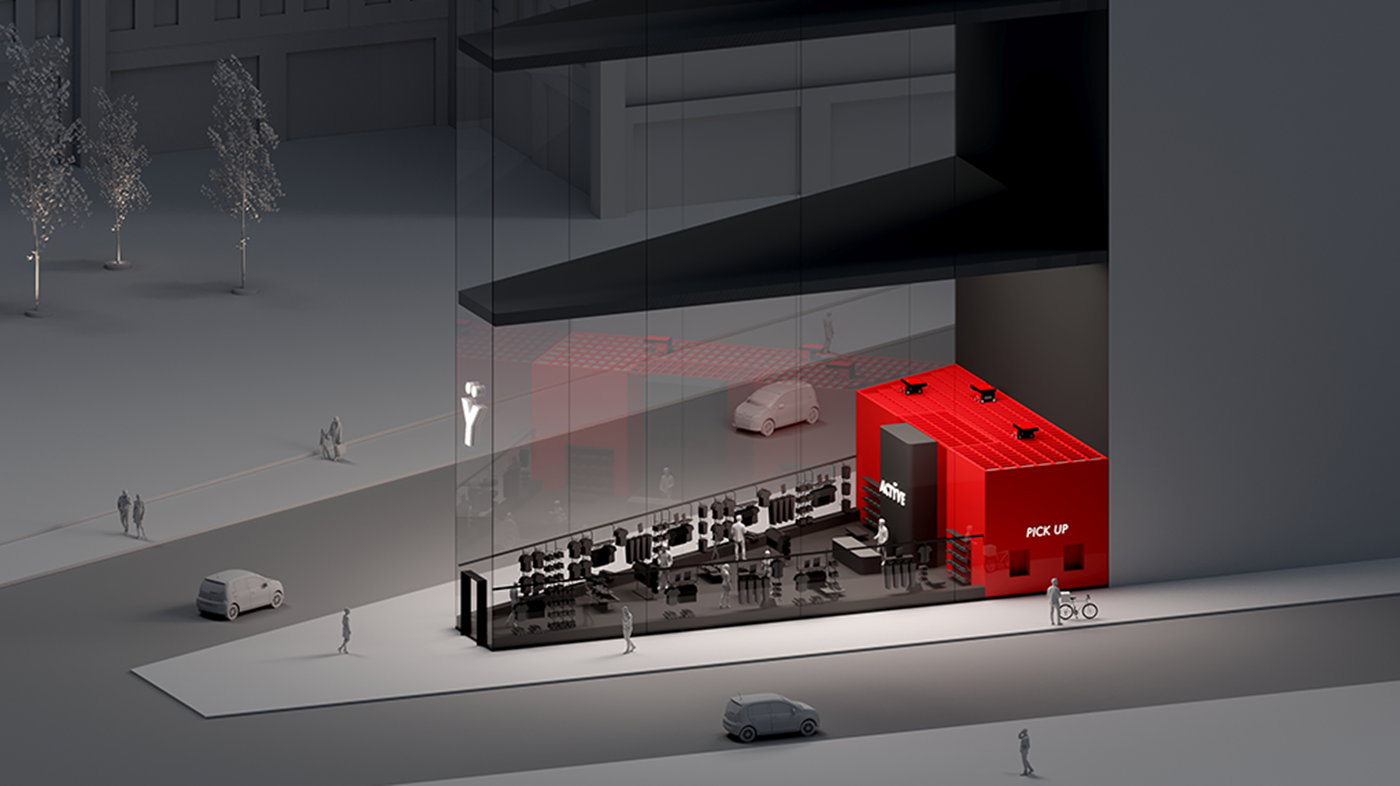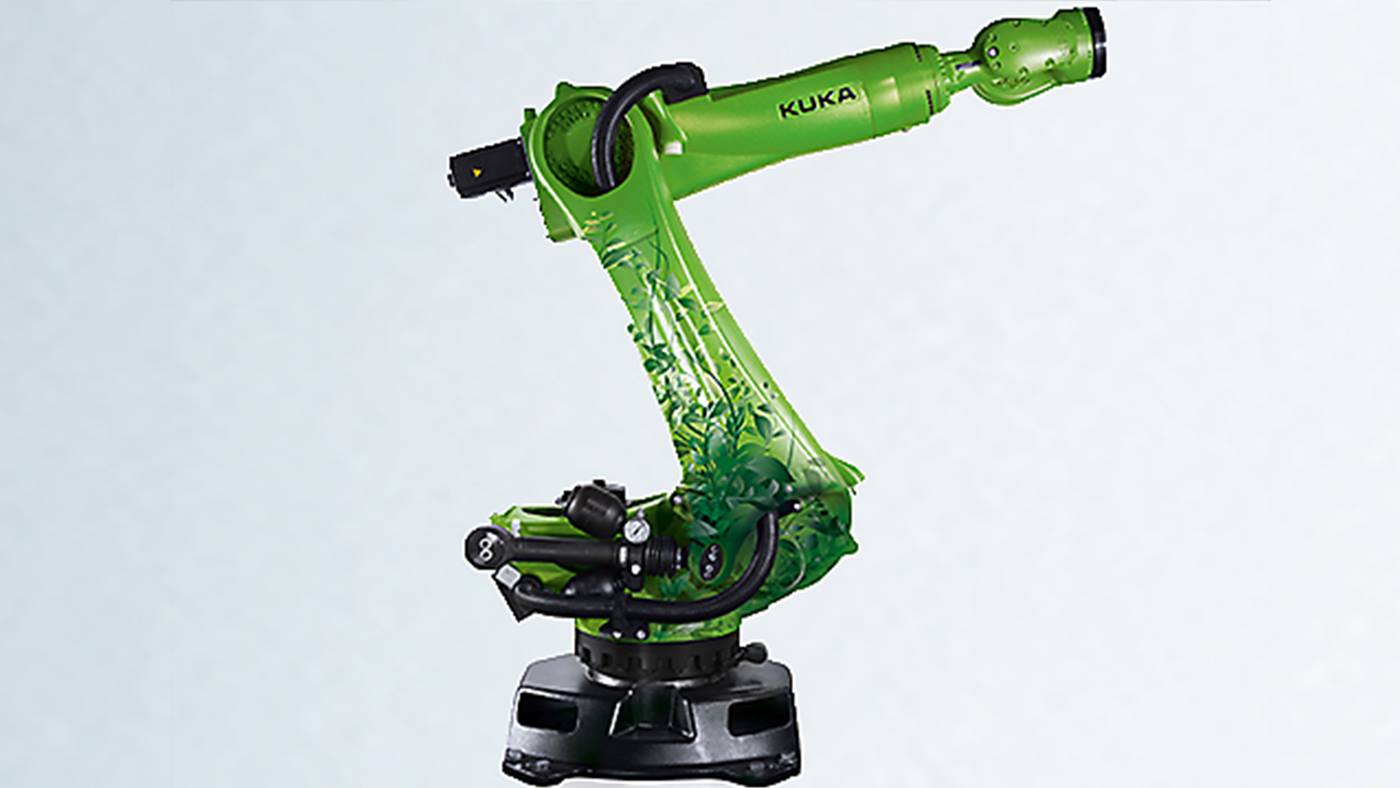Last Mile of the Race: Micro-Fulfillment Centers Bring the Supply Chain to the Consumer

Typically, one of the dominant components in a company’s supply chain was the large warehouse or distribution center that acted as a central hub from where products are shipped to retail outlets. These are now being joined by a network of fulfillment centers that focus on localized, direct-to-customer service. They are designed to primarily get online orders to the customer quickly. These facilities have become a powerful tool in conquering the last mile and helping maintain a pleasant, seamless customer experience.

Swisslog has a comprehensive portfolio of solutions to meet the needs of retail, e-commerce and e-grocery customers. From large distribution centers to smaller fulfillment centers, there is a wide range of technologies available to address the today’s challenges and demands.
So, how might automated micro-fulfillment centers fit within your supply chain strategy? Visit the micro-fulfillment center page on Swisslog’s website.










